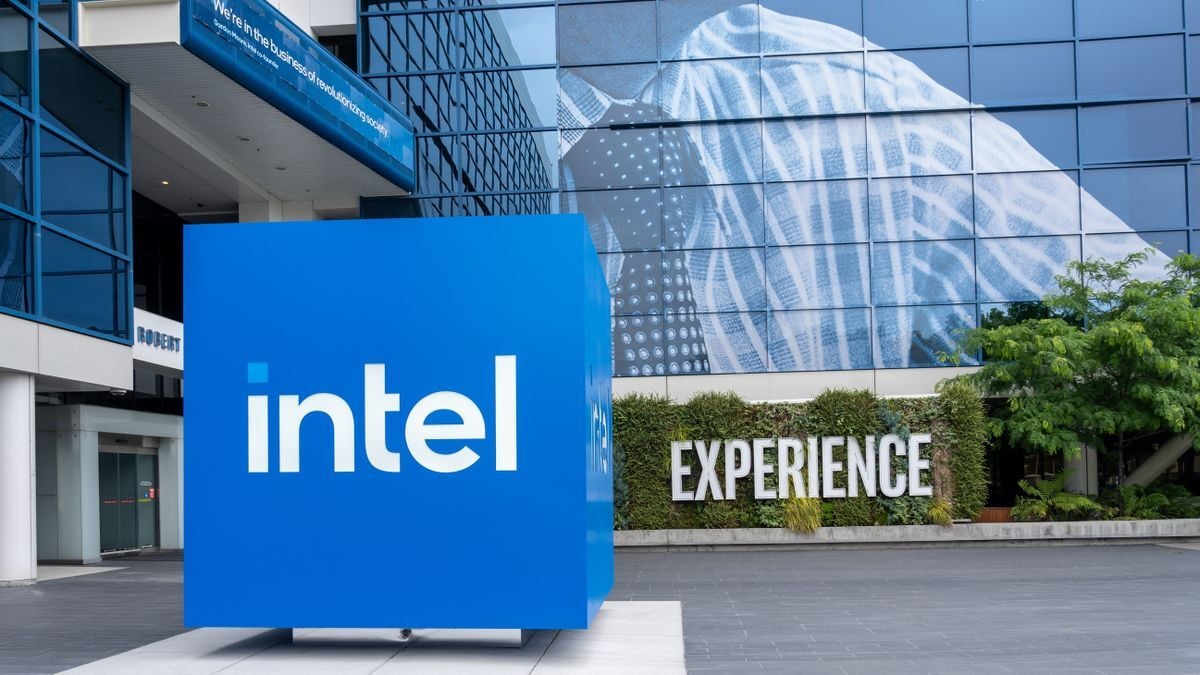- cross-posted to:
- [email protected]
- [email protected]
- cross-posted to:
- [email protected]
- [email protected]
Intel’s stock dropped around 30% overnight, shaving some $39 billion from the company’s market capitalization since rumors of a pending layoff first emerged. The devastating results come after the chip giant reported a loss for the second quarter, complained about yield issues with the Meteor Lake CPU, provided a modest business outlook for the next few quarters, and announced plans to lay off 15,000 people worldwide.
When the NYSE closed on July 31, Intel’s market capitalization was $130.86 billion. Then, a report about Intel’s massive layoffs was published, and the company’s market capitalization dropped sharply to $123.96 billion on August 1. Following Intel’s financial report yesterday, the company’s capitalization dropped to $91.86 billion. Essentially, Intel has lost half of its capitalization since January. As of now, Intel’s market value is a fraction of Nvidia’s worth and less than half of AMD’s.
As Intel’s actions look rather desperate, analysts believe that Intel’s challenges are existential. “Intel’s issues are now approaching the existential,” Stacy Rasgon, an analyst with Bernstein, told Reuters.



OTOH: Boeing. Had the 737 Max bug been a one-off incredibly bad fuck up, they would have been a good buy. Then it turned out that that bug was just the first sign of many deep seated issues with their production process. Boeing 100% deserves everything they’re getting. Management skipped right over lawful, chaotic, and neutral evil and went into stupid evil, and decided that sacrificing QC/QA on aerospace equipment would be a great way to get returns for shareholders.
They didn’t skip those steps. The market just ignored the fact that they’ve been stepping through those options for the last 30 years because that’s what the market as a whole has been doing. As cliche and annoying as it sounds, this is exactly what late stage capitalism looks like. Once growth through sales becomes difficult, usually from approaching monopolistic size in a market, they only have two options left. They can either cut corners and headcount to save on operational expenses or they can decrease revenue growth. Considering the fact that the central thesis of our economy is the idea that infinite growth is not only possible but the only valid pursuit of any corporation it’s easy to guess what they’re going to do when faced with declining sales or any other detriment to growth.
Haha stupid evil
I’ll use that any time I think about politicians as well. Trademark that fast mate